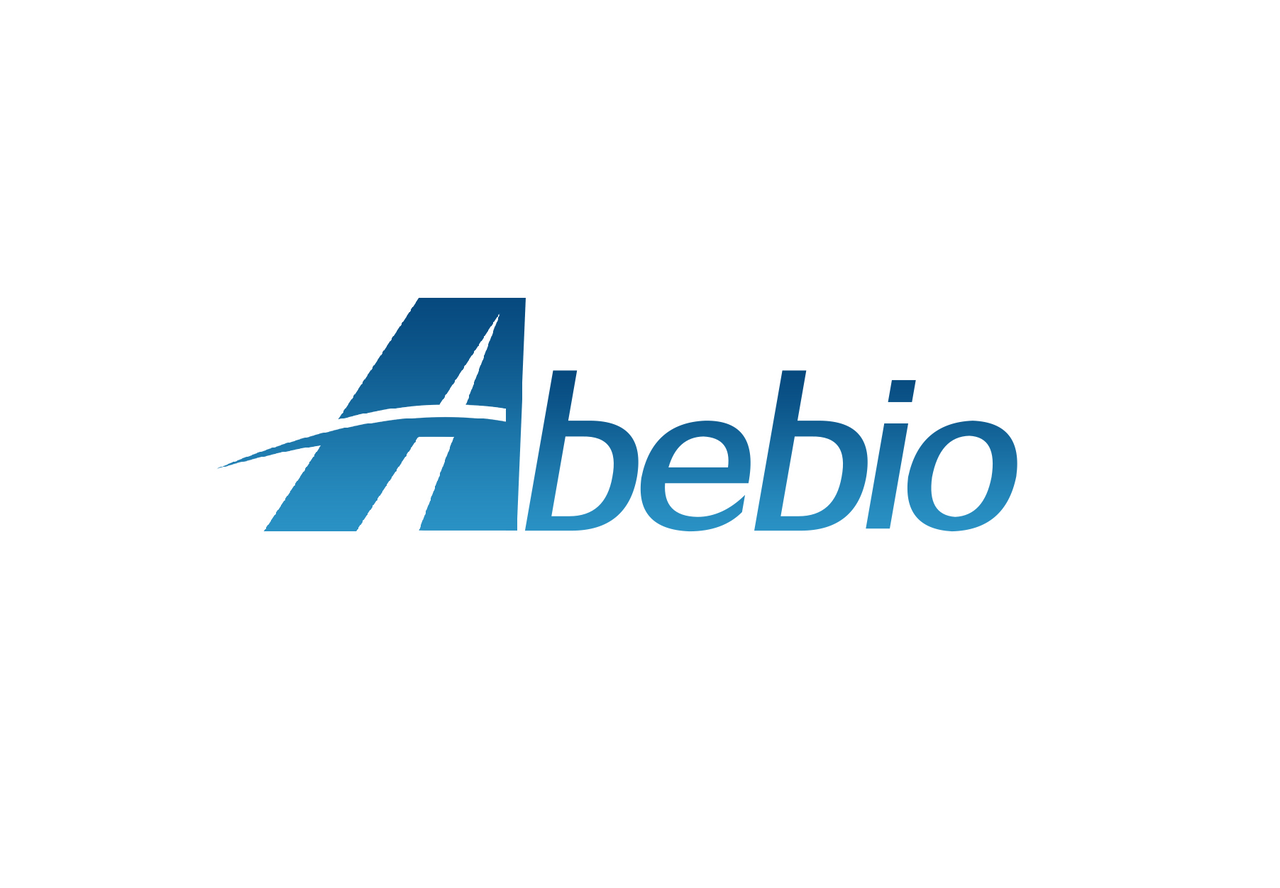Product Description
Mouse Transmembrane protein 9B (TMEM9B) ELISA Kit | AE14165MO | Abebio
Species Reactivity: Mouse (Mus musculus)
Abbreviation: TMEM9B
Alternative Name: C11orf15;
Application: ELISA
Range: Request Information
Sensitivity: Request Information
Intra-Assay: ≤5.1%
Inter-Assay: ≤9.6%
Recovery: 0, 99
Sample Type: Serum, Plasma, Other biological fluids
Detection Method: Sandwich
Analysis Method : Quantitive
Test Principale: This assay employs a two-site sandwich ELISA to quantitate TMEM9B in samples. An antibody specific for TMEM9B has been pre-coated onto a microplate. Standards and samples are pipetted into the wells and anyTMEM9B present is bound by the immobilized antibody. After removing any unbound substances, a biotin-conjugated antibody specific for TMEM9B is added to the wells. After washing, Streptavidin conjugated Horseradish Peroxidase (HRP) is added to the wells. Following a wash to remove any unbound avidin-enzyme reagent, a substrate solution is added to the wells and color develops in proportion to the amount of TMEM9B bound in the initial step. The color development is stopped and the intensity of the color is measured.
Product Overview: The intracellular signaling pathway by which TNF induces its pleiotropic actions is well-characterized and includes unique components, as well as modules shared with other signaling pathways. TMEM9B as an important component of TNF signaling and which is a module shared with the IL-1β and Toll-like receptor (TLR) pathways. is a glycosylated protein localized in membranes of the lysosome and partially in early endosomes. The expression of TMEM9B is required for the production of proinflammatory cytokines induced by TNF, IL-1β, and TLR ligands, but not for apoptotic cell death triggered by TNF or Fas ligand. TMEM9B is essential in TNF activation of both the NF-κB and MAPK pathways.TMEM9B is a key component of inflammatory signaling pathways and suggest that endosomal or lysosomal compartments regulate these pathways.
Stability: The stability of ELISA kit is determined by the loss rate of activity. The loss rate of this kit is less than 5% within the expiration date under appropriate storage condition. The loss rate was determined by accelerated thermal degradation test. Keep the kit at 37°C for 4 and 7 days, and compare O.D.values of the kit kept at 37°C with that of at recommended temperature. (referring from China Biological Products Standard, which was calculated by the Arrhenius equation. For ELISA kit, 4 days storage at 37°C can be considered as 6 months at 2 - 8°C, which means 7 days at 37°C equaling 12 months at 2 - 8°C) .
 Euro
Euro
 USD
USD
 British Pound
British Pound
 NULL
NULL








